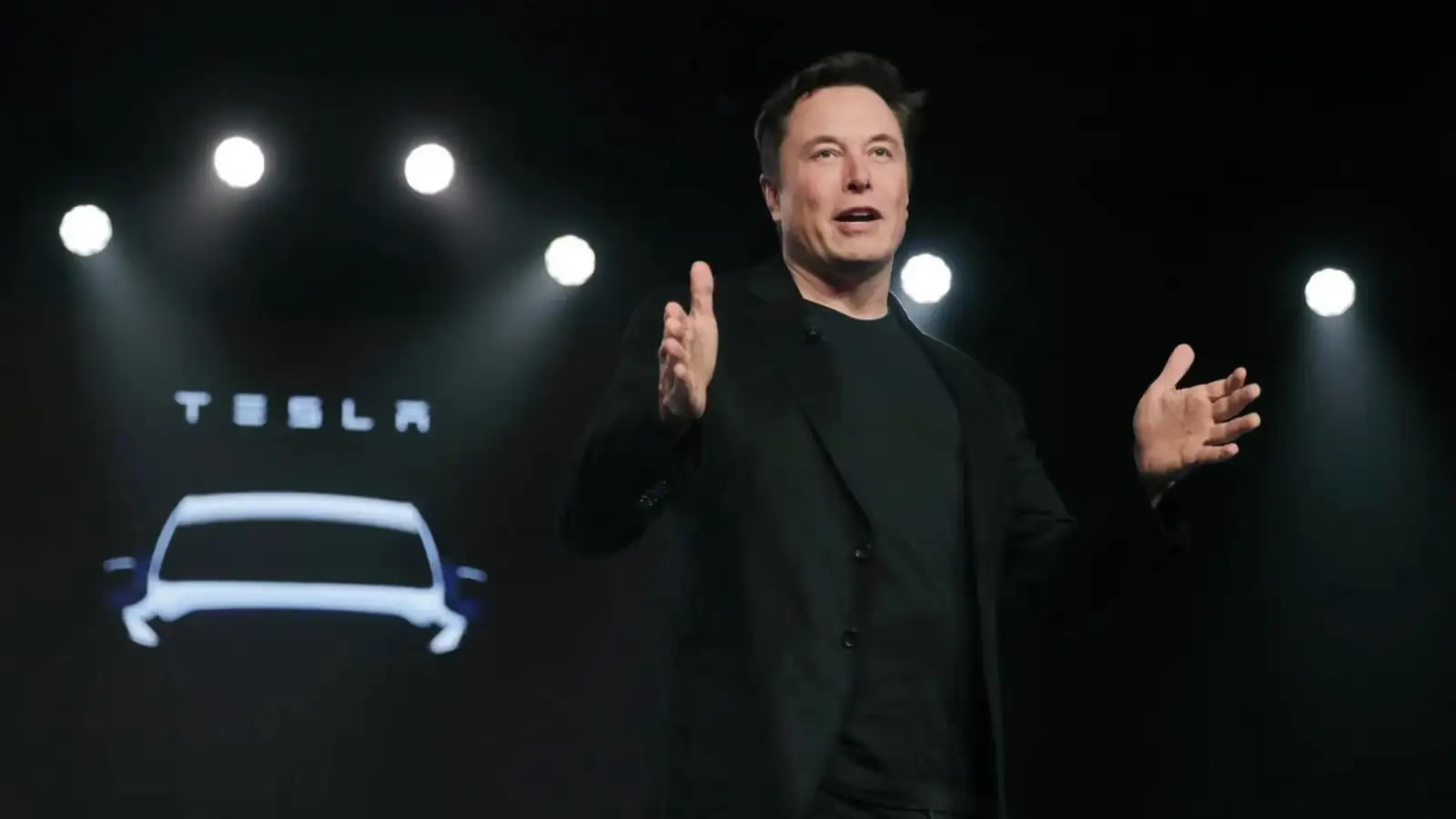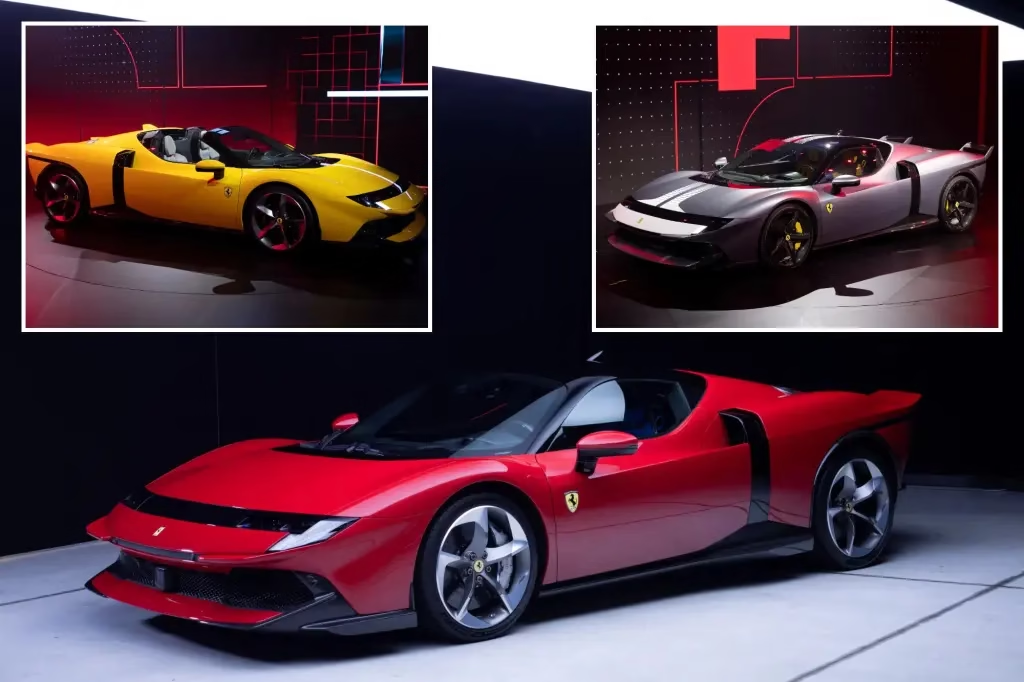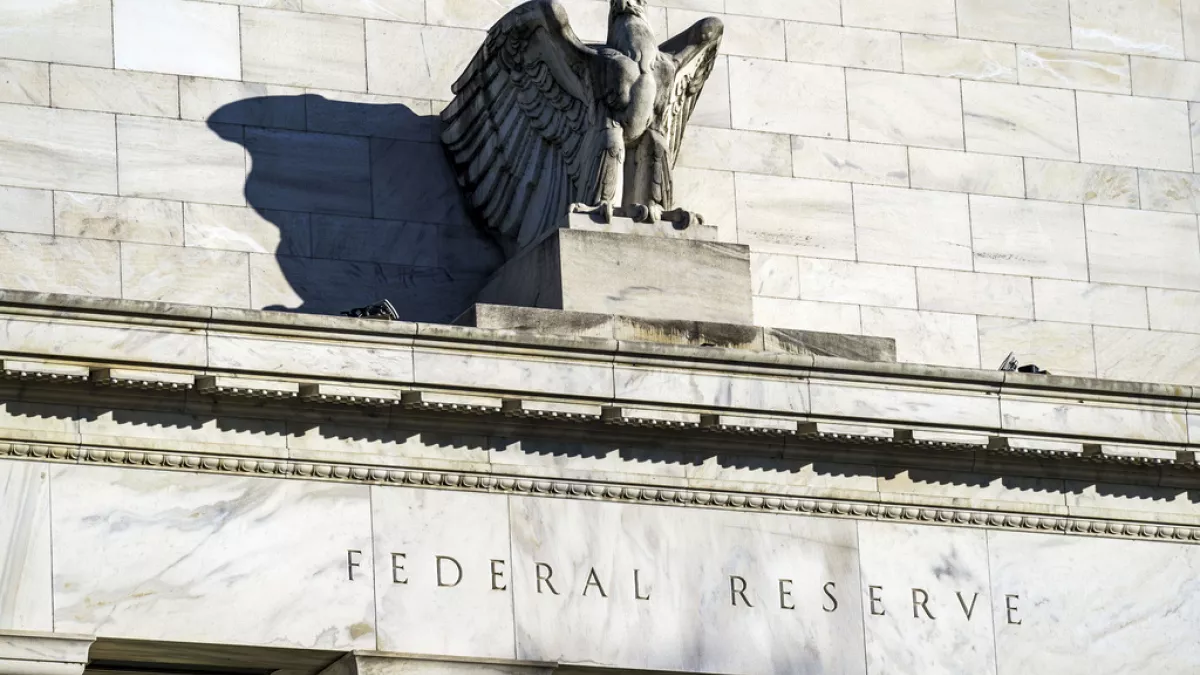Elon Musk, often hailed as a visionary — the “Moonshot Master,” “Edison of Our Age,” and “Architect of the Future” — is now grappling with a serious challenge at Tesla: a tarnished brand image that’s putting the company’s future at risk.
Tesla’s sales have taken a sharp dive as boycotts and protests mount in response to Musk’s vocal support of far-right ideologies. Profits have plummeted by two-thirds so far this year, and competitors from China, Europe, and the U.S. are moving quickly to capture Tesla’s slipping market share.
In an attempt to steady the ship, Musk told investors during a recent earnings call that he would reduce his involvement with a government-related cost-cutting initiative in Washington to just “a day or two per week” — and shift his focus back to leading Tesla. That announcement gave the stock a short-term 5% boost, but the broader issues remain unresolved.
The Tesla Appeal: Losing Its Shine?
On the call, Musk played down the impact of negative publicity, instead blaming sluggish Q1 sales on a temporary production halt linked to upgrades of the Model Y. Analysts agree that buyers may have postponed purchases in anticipation of the upgrade — but many believe the reputational damage is far more troubling.
Dan Ives of Wedbush Securities, typically bullish on Tesla, called the current state a “full-blown crisis.” JPMorgan echoed this concern, warning of “unprecedented brand damage.”
Musk’s Response to Backlash
Musk brushed off the protests as politically motivated attacks tied to his efficiency drive in Washington. But the backlash stretches far beyond the U.S. — particularly in Europe, where his support for far-right politicians has sparked outrage. In Milan, protestors hung Musk in effigy. In Berlin, activists projected Nazi imagery on Tesla facilities. In London, posters urged consumers to avoid buying “Swasticars.”
The impact has been severe: European sales dropped 39% in Q1. In Germany, Tesla’s second-largest market on the continent, sales plummeted by 62%. Making matters worse, Tesla backed away from its earlier forecast of a sales rebound in 2025, citing global economic uncertainty.
Fierce Competition and Market Pressure
Tesla’s dominance is fading. Chinese EV powerhouse BYD is now pushing batteries that can recharge in mere minutes. European manufacturers are rolling out sleek, tech-forward alternatives to Tesla vehicles — all while public sentiment about Musk continues to erode.
In the U.S., Tesla’s market share has slipped from nearly 67% to below 50%, according to Cox Automotive.
The Cybercab Gamble
Musk remains optimistic about Tesla’s next big leap: self-driving robotaxis. He reiterated plans to launch fully autonomous cabs — without steering wheels or pedals — in Austin by June, with more cities to follow. But Alphabet’s Waymo has already launched such services in multiple U.S. cities through its Uber partnership, leaving Tesla playing catch-up.
Musk also promised millions of Tesla vehicles would become fully autonomous via software updates later this year. However, he’s made similar promises before — most notably in 2019 — without delivering. Regulatory agencies are still investigating Tesla’s so-called Full Self-Driving system due to safety concerns and links to multiple accidents.
Bright Spots and Bets for the Future
Despite the setbacks, Tesla still has some tailwinds:
- Localized production shields it from many of the tariff hits affecting competitors.
- A more affordable Model Y is on track for release mid-year, which could revive interest.
- The energy storage division had a strong first quarter.
- Musk also aims to manufacture 5,000 Optimus humanoid robots by the end of 2025 — yet another futuristic venture.
Valuation Woes
Even after a sharp 50% decline from its December highs, Tesla stock remains priced at sky-high levels — trading at 110 times expected earnings. That’s over 5x the valuation of General Motors and far above the S&P 500 average of under 20x.
This steep valuation leaves Tesla with little room for error. With brand trust eroding and competition closing in, the company’s next moves will determine whether it remains the vanguard of electric innovation — or becomes a cautionary tale about the risks of tying a brand too closely to one polarizing personality.



